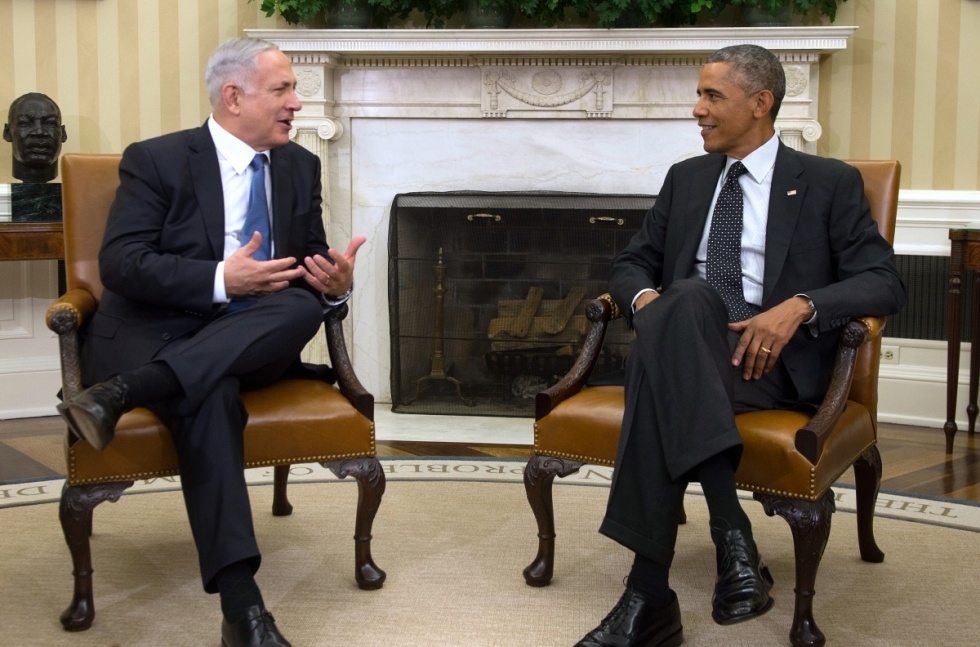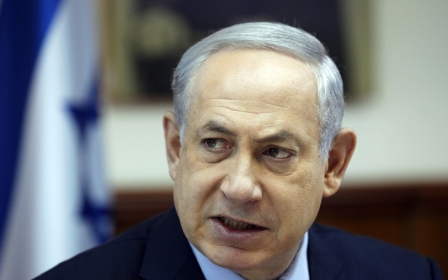US spying on Netanyahu communications: Report

The United States continues to spy on Israeli Prime Minister Benjamin Netanyahu's communications despite promising to curtail the hacking of its allies, The Wall Street Journal reported on Tuesday.
Contacted by AFP, the White House did not deny the report, which cites several serving and former US officials, but stressed the importance of its ongoing close ties with Israel.
The Israeli embassy refused to comment.
Two years ago, after rogue intelligence contractor Edward Snowden revealed the vast extent of the National Security Agency's online surveillance, President Barack Obama promised to limit spying on US allies.
Germany's Chancellor Angela Merkel had been embarrassed by the revelation that her cellphone had been monitored and other allies expressed private concerns about the breadth of NSA monitoring.
But, according to Journal report, Obama decided there was a "compelling national security purpose" in continuing to monitor some leaders, including Netanyahu and Turkey's President Recep Tayyip Erdogan.
The US administration decided not to remove or disable the "cyber-implants" it had secreted on foreign communications systems, as they would be hard to replace.
Instead, the report says, Obama ordered that some of the hacked systems used by close allies would not be routinely monitored by the NSA, while others would continue to be mined for intel.
"Going dark on Bibi? Of course we wouldn’t do that," one senior US official told the Journal, speaking on condition of anonymity.
In Netanyahu's case, Washington was concerned that Israel was itself monitoring US negotiations with Iran and might try to derail the effort to reach a deal on Tehran's nuclear programme.
According to the Journal report, stepped-up NSA eavesdropping revealed to the White House how Netanyahu and his advisers had leaked details of the US-Iran negotiations - learned through Israeli spying operations - to undermine the talks, coordinated talking points with Jewish-American groups against the deal, and asked undecided lawmakers what it would take to win their votes.
New MEE newsletter: Jerusalem Dispatch
Sign up to get the latest insights and analysis on Israel-Palestine, alongside Turkey Unpacked and other MEE newsletters
Middle East Eye delivers independent and unrivalled coverage and analysis of the Middle East, North Africa and beyond. To learn more about republishing this content and the associated fees, please fill out this form. More about MEE can be found here.




